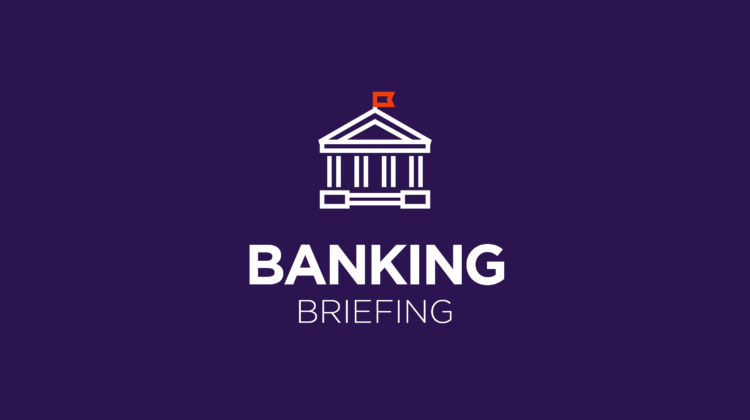Member Exclusive, New banks
Banking Briefing: UBS buys Wealthfront
- This week: UBS buys Wealthfront, a digital US dollar may be on the way, and Tearsheet's Challengers Podcast is back
- What a crazy month it's been in the world of banking -- and crazier still is that it's just the first month









